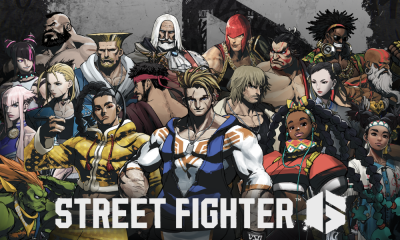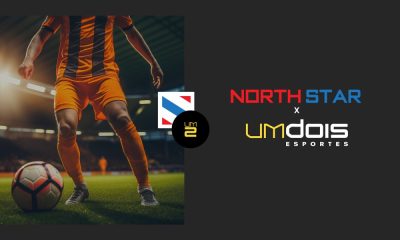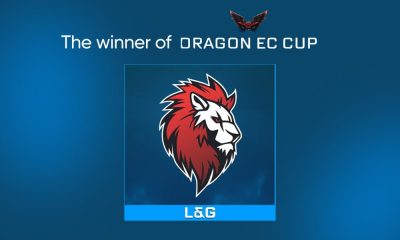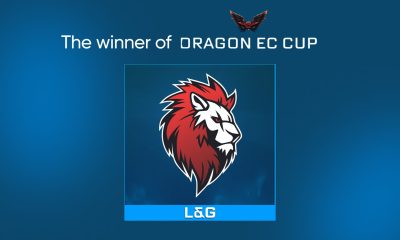Latest News
As eSports become more popular, time for the industry to get real about security
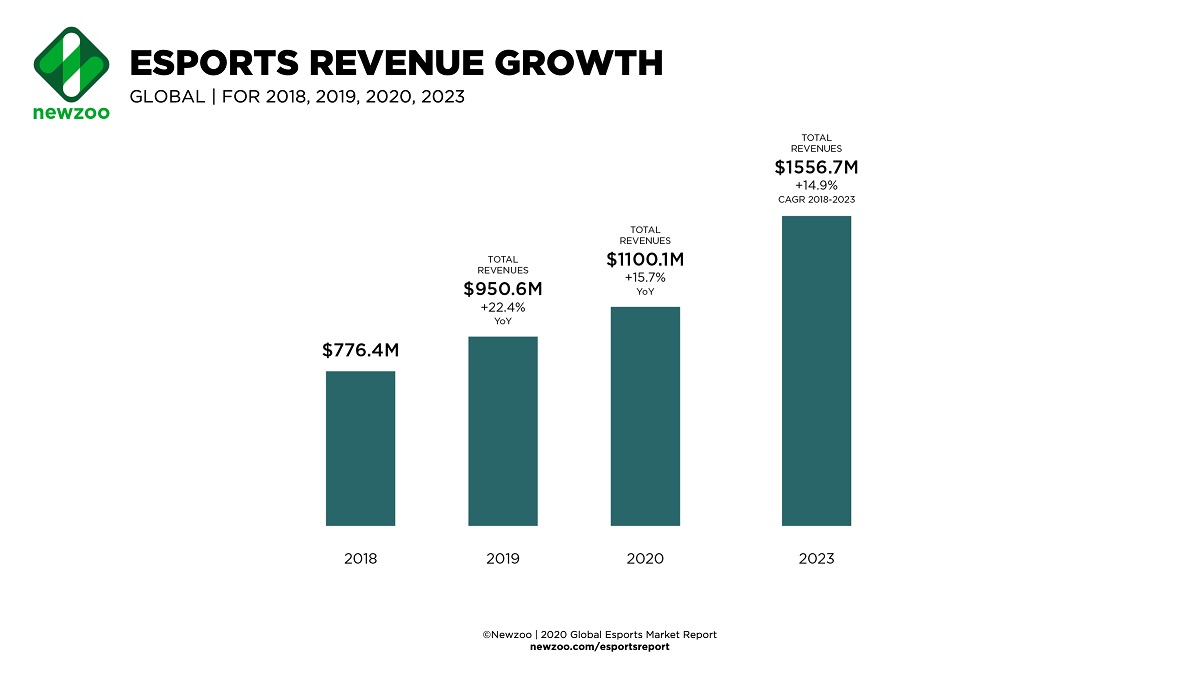
Police in Ukraine recently seized 3,800 PlayStation 4 consoles, which currently retail for around 290 each, and found to their surprise that the operation wasn’t mining cryptocurrency as they assumed but was in fact being used to generate content packs for FIFA Ultimate Team, a popular game mode in the FIFA football series.
The raid and its results underline a fact that may escape more traditionally minded members of the gaming community: eSports is a major industry, and like any industry it is susceptible to fraud. The fact that the games themselves take place virtually is irrelevant to fraudsters who can use the familiar toolkit of multi-accounting, bonus abuse and affiliate fraud to earn thousands.
With many sports teams unable to play throughout much of 2020 and 2021, eSports grew massively. League Championship Series (LCS), one of the largest eSports leagues, became the third most viewed professional sports league amongst 18-34 year olds in the U.S and has retained its corporate sponsors at a time when other leagues were shut down. Success stories like these are blunted by how pervasive eSports fraud is,
So, what kinds of fraud are taking place in eSports, what is it costing eSports organizations and what can be done to stop it?
What kinds of fraud are possible in eSports?
eSports attracts very similar types of fraud to regular sports betting, including:
- Bonus Abuse: Like other sports betting companies, eSports companies often give sign-up bonuses such as free bets to new players. By coding automated systems, a fraudster can sign up to hundreds of accounts and use the free bets to win real money. This can cost gaming companies up to 15% of their revenue.
- Multi-accounting: Similarly, a fraudster can use multiple accounts to perform other types of fraud, such as matched betting, ‘smurfing’ or arbitrage of affiliate fraud.
- Affiliate Fraud: Those eSports betting organizations that draw in some of their new players from affiliates are vulnerable to affiliate fraud in which an affiliate creates fake accounts to gain the pay-out.
- Account takeover: Using lists of passwords from data breaches, keyloggers or phishing a fraudster can gain access to a player’s account and drain their funds.
- Chargeback fraud: A player, who may be a legitimate gamer and not a professional fraudster, initiates a chargeback on a transaction. This is common in gaming when gamblers regret a bad bet and claim that their account was hacked.
The costs of eSports fraud
Fraud costs have a way of snowballing, with each $1 lost through fraud actually costing companies $3. The above techniques are hardly equivalent to the major data breaches of major banking and tech companies that cost on average $3.86 million, but the constant barrage of low-level frauds can soon drain your company’s security budget. Aside from the cost of the fraud itself, there are a number of hidden costs such as:
- Chargeback losses: Investigating and disputing chargebacks will take up your risk team’s time, leaving them little time for more valuable activities. More worryingly, a company with a large number of chargebacks is likely to find it difficult securing credit or loans. Visa and Mastercard’s resolution processes are making things even more difficult for merchants, so you are likely to lose even more.
- Affiliate budget waste: You could be paying for useless clicks from bot networks rather than legitimate customers, wasting your marketing budget and reducing overall ROI.
- Reputational damage: Once word of mouth spreads about customers losing the entire bank accounts to account takeovers it will not be long until players start deserting your site.
- Regulatory fines: The regulations around eSports are not as stringent as with other sports betting, but it will not be long before they catch up. With the industry growing it will not be long before countries put regulations in place to protect players, and without stringent security your company could be fined.
The solutions
You will notice that the majority of the types of fraud common in eSports have to do with fake accounts. These are easy for fraudsters to create using the wealth of publicly available data and leaked information, but fortunately artificial intelligence-based tools have been developed that allow companies to spot synthetic identities.
Through device fingerprinting, email profiling and IP analysis a complete picture of a new signup to your site can be created, allowing software to spot the tell-tale signs of a hastily created account. For example, it could find that an email address does not match any social accounts, or that they use VPNs and data centers to conceal their IP address.
Of course, a sophisticated fraudster could create a convincing fake identity, especially with the wealth of information available from data dumps, so modern technology can also spot the use of pre-paid credit cards or even the speed with which information is entered, which could indicate it is being filled in automatically by a script.
By combining data points from a large and ever-growing set a system can determine whether it is likely that any given new account is fraudulent. For the many cases in which it will not be fully clear whether an account is authentic or not adaptive Know Your Customer checks can be used – customers with several red flags will be given full tests to determine their identity whereas other customers will have less obtrusive tests for a smoother site experience.
eSports has gone from a niche concern to an Olympic sport in a few short years, and that success is going to attract fraud, so it is vital for the industry to pre-emptively defend against fraud by adopting the very highest levels of security.
To learn more, visit: https://seon.io/
Angela Bernhard Thomas
CAPCOM’S STREET FIGHTERTM 6 GOING TO COLLEGE THIS FALL
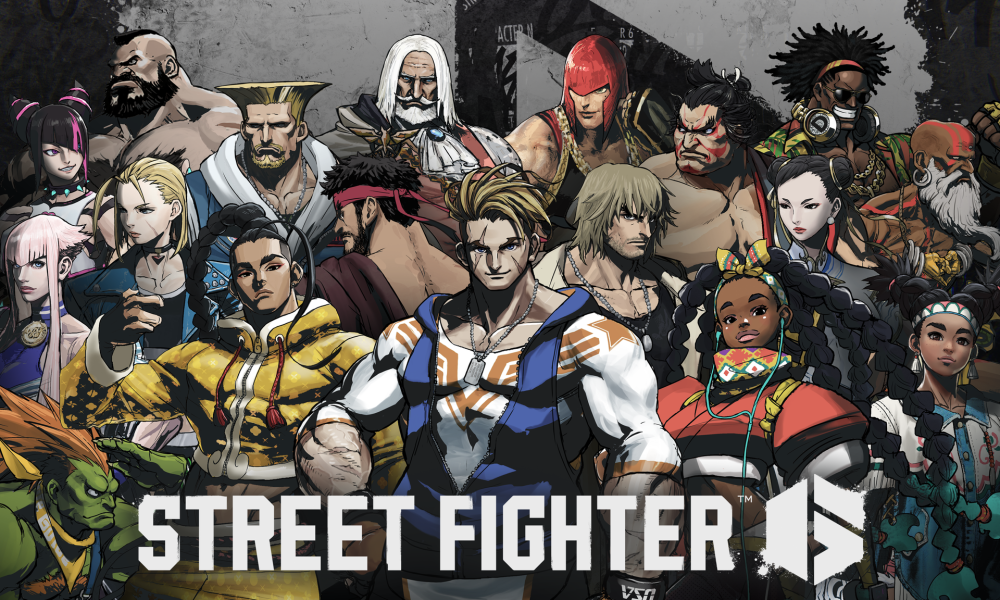
- CSMG will create and operate College Street FighterTM Tour in North America for the 2024-25 academic year
- College conference Street Fighter 6 champions will punch their ticket to the national Collegiate Esports Commissioner’s Cup (CECC) & May Madness in 2025
Clark County
Clark County residents can bring a friend for free to next week’s Super Bingo $160,000 tournament at the Plaza Hotel & Casino, May 6-8
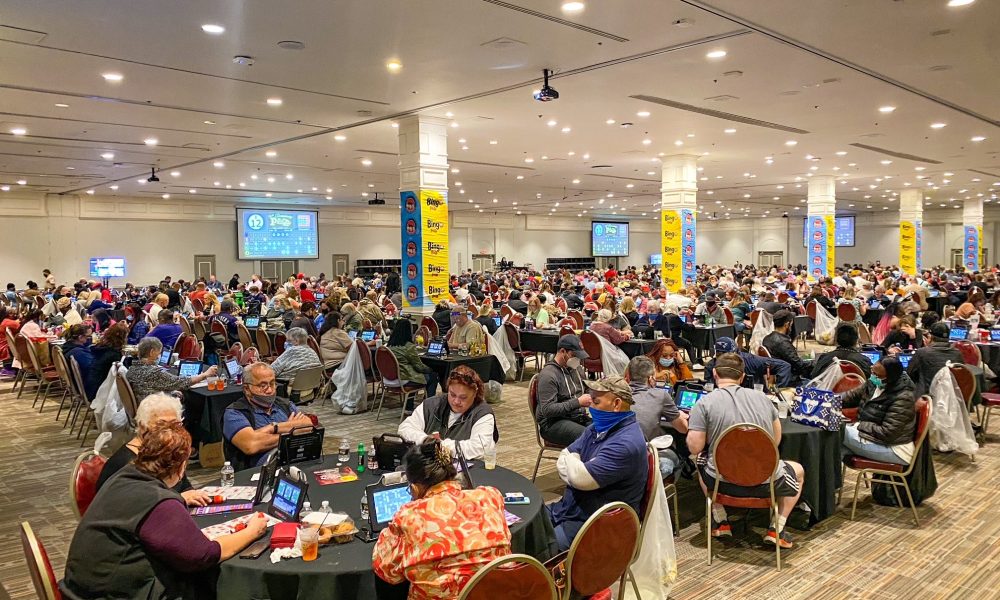
Home to downtown Las Vegas’ only bingo room, the Plaza Hotel & Casino is offering Clark County, Nevada residents who register to play in next week’s Super Bingo tournament the opportunity to bring a friend for free.
Happening Monday, May 6 through Wednesday, May 8 in the Plaza’s expansive ballroom, Super Bingo is expected to draw nearly 1,000 people from the local Las Vegas valley and across the country and Canada for the opportunity to win big playing fun-filled games of bingo over two days, with a $50,000 super coverall both days while socializing with like-minded bingo players.
Bingo-only registration is $160 per person, and Clark County residents who register can bring a friend for free. Registration is available online at https://www.plazahotelcasino.com/bingo/super-bingo-registration/. Hotel-and-bingo packages start at $300 for a four-night stay with no resort fee.
All Super Bingo players receive one 6-on paper pack for both days, two daubers, free drinks via an open bar at all sessions, boxed lunch both days, and $10 in free slot play after the first day’s session.
The Plaza’s Bingo room offers six daily bingo sessions at 11 a.m., 1 p.m., 3 p.m., 5 p.m., 7 p.m. and 9 p.m. and is located on the 3rd floor. By parking on the third floor of the Plaza’s self-parking garage, guests have convenient and direct access to the Plaza’s bingo room and parking is validated for bingo players.
Gambling in the USA
Kambi Group plc extends Mohegan partnership with on-property sports betting agreement in Pennsylvania
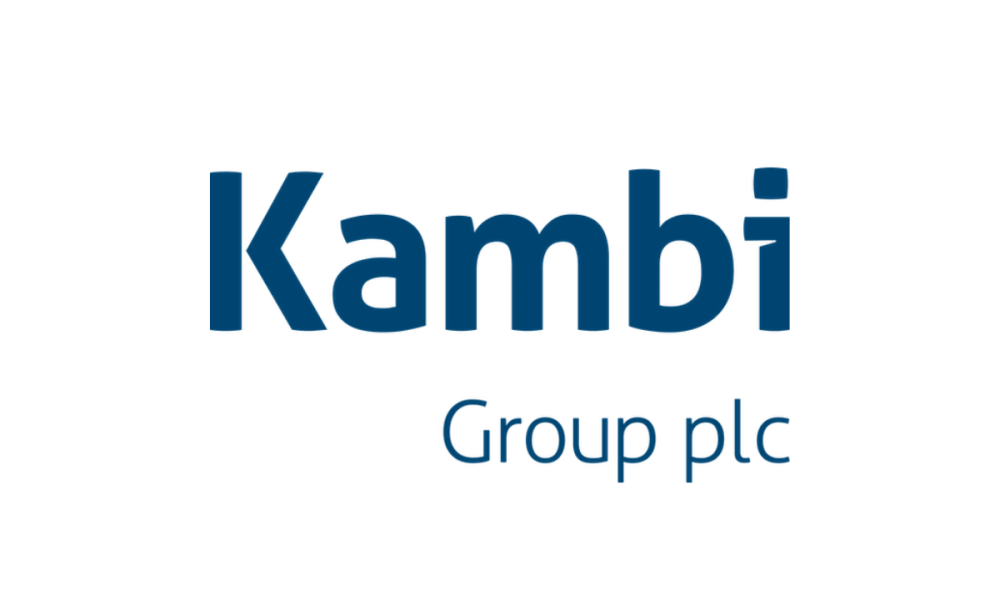
Kambi Group plc (“Kambi”), the world’s trusted sports betting partner, has agreed a long-term on-property sportsbook partnership with Mohegan to provide its award-winning sportsbook at two retail locations in the state of Pennsylvania.
The partnership will see Mohegan utilise Kambi’s cutting-edge retail sportsbook offering across more than 20 kiosks in sportsbook locations at Mohegan Pennsylvania and Mohegan Pennsylvania at Lehigh Valley Race and Sportsbook.
The deal further strengthens Kambi’s relationship with Mohegan, which already utilises Kambi’s suite of sports betting products at ilani in Washington, as well as online and on-property in the Canadian province of Ontario at Fallsview Casino Resort and Casino Niagara.
Kristian Nylén, Kambi CEO and Co-founder, said: “With several successful partnerships with Mohegan already in place, we are pleased to agree this new partnership as we continue to build on our strong relationship.
“This latest deal further reinforces Kambi’s position as the sportsbook provider of choice for tribes across North America, and we look forward to our ongoing collaboration with Mohegan.”
Tony Carlucci, President & GM of Mohegan Pennsylvania, said: “Mohegan Pennsylvania is excited to continue utilising the same Kambi technology platform that existed under our Kindred partnership, which will help to create a seamless process as the Sportsbook at Mohegan Pennsylvania fully rebrands later this Spring.”
-

 Balkans6 days ago
Balkans6 days agoCT Gaming to Showcase its Latest Products at the Belgrade Future Gaming Exhibition
-

 Australia6 days ago
Australia6 days agoNerida O’Loughlin Reappointed as ACMA Chair
-

 British Columbia Lottery Corporation6 days ago
British Columbia Lottery Corporation6 days agoSCCG Management Signs Contract with British Columbia Lottery Corporation
-

 Latest News6 days ago
Latest News6 days agoNetBet Casino Joins Forces with Habanero
-

 Asia6 days ago
Asia6 days agoIndonesia Establishes Task Force to Combat Online Gambling
-

 Latest News6 days ago
Latest News6 days agoPRAGMATIC PLAY DROPS CANDY BLITZ BOMBS
-

 Andre Filipe Neves5 days ago
Andre Filipe Neves5 days agoSalsa Technology Hails Hugely Successful BIS SiGMA Americas
-

 Africa5 days ago
Africa5 days agoKiron Interactive strengthens Ethiopian performance with Hulu Sport deal




